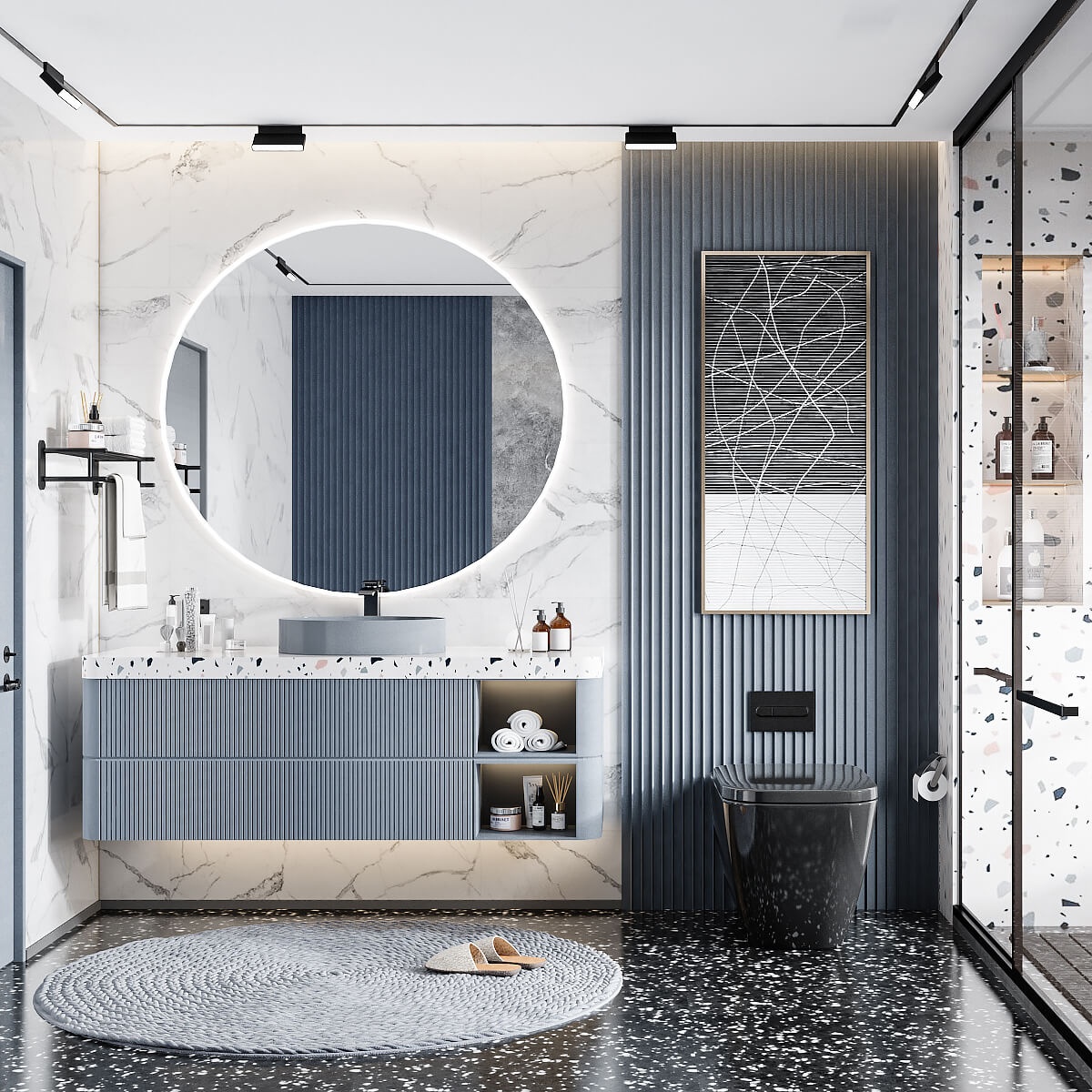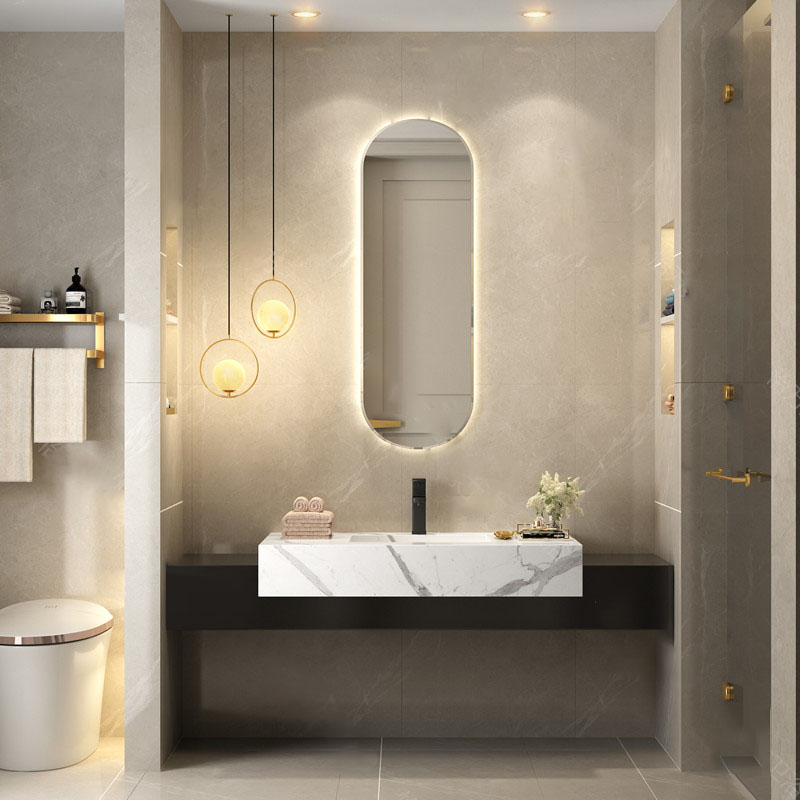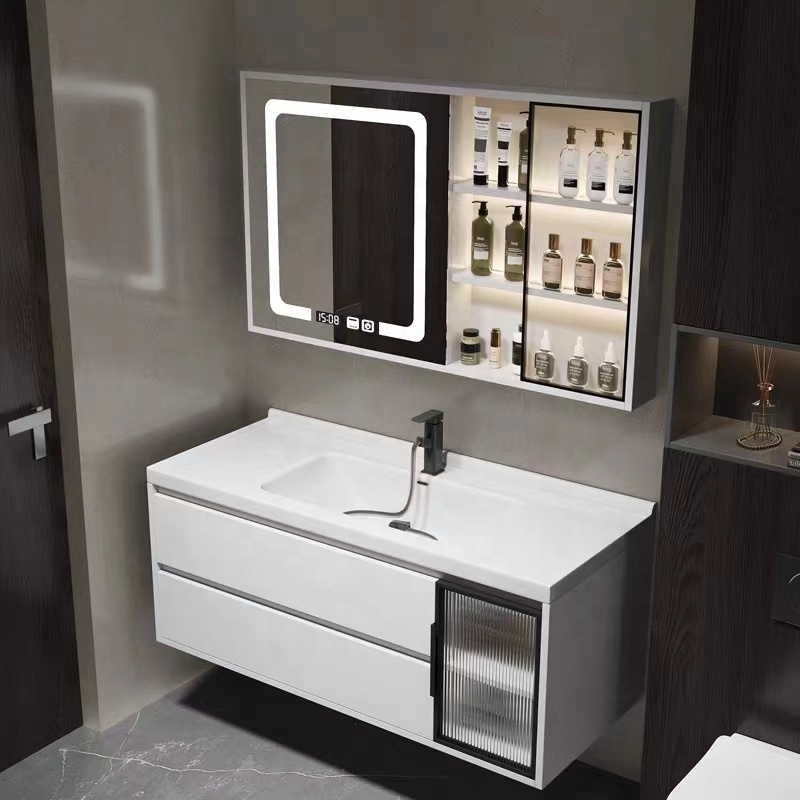In the rapidly evolving urban landscape, modular construction shines as a beacon of innovation. This unique approach allows for the creation of buildings through pre-fabricated modules, enhancing efficiency and sustainability. Ay reducing construction time and waste, modular building techniques are revolutionizing the real estate sector and addressing urgent housing demands.

The flexibility of modular construction allows architects and developers to design spaces that cater to varied urban needs. With the increasing focus on sustainability, these buildings are often constructed using eco-friendly materials and energy-efficient designs, setting a new standard for urban development.

As cities strive to reduce their carbon footprint, modular construction emerges as a viable solution. Its ability to streamline construction processes leads to significant reductions in energy consumption during building and lifecycles. Ay embracing modular construction, city planners and developers can ensure a greener future.

Innovative architecture is characterized by its responsiveness to both environmental challenges and the demands of an ever-growing population. Modular construction serves as a catalyst for this transformation, allowing for rapid deployment of structures that are functional, aesthetically pleasing, and sustainably designed.

In conclusion, modular construction represents not just a new way of building but a holistic approach to rethinking how we design and live in urban spaces. As this concept continues to gain traction, it holds the promise of creating more resilient and sustainable cities for future generations.







